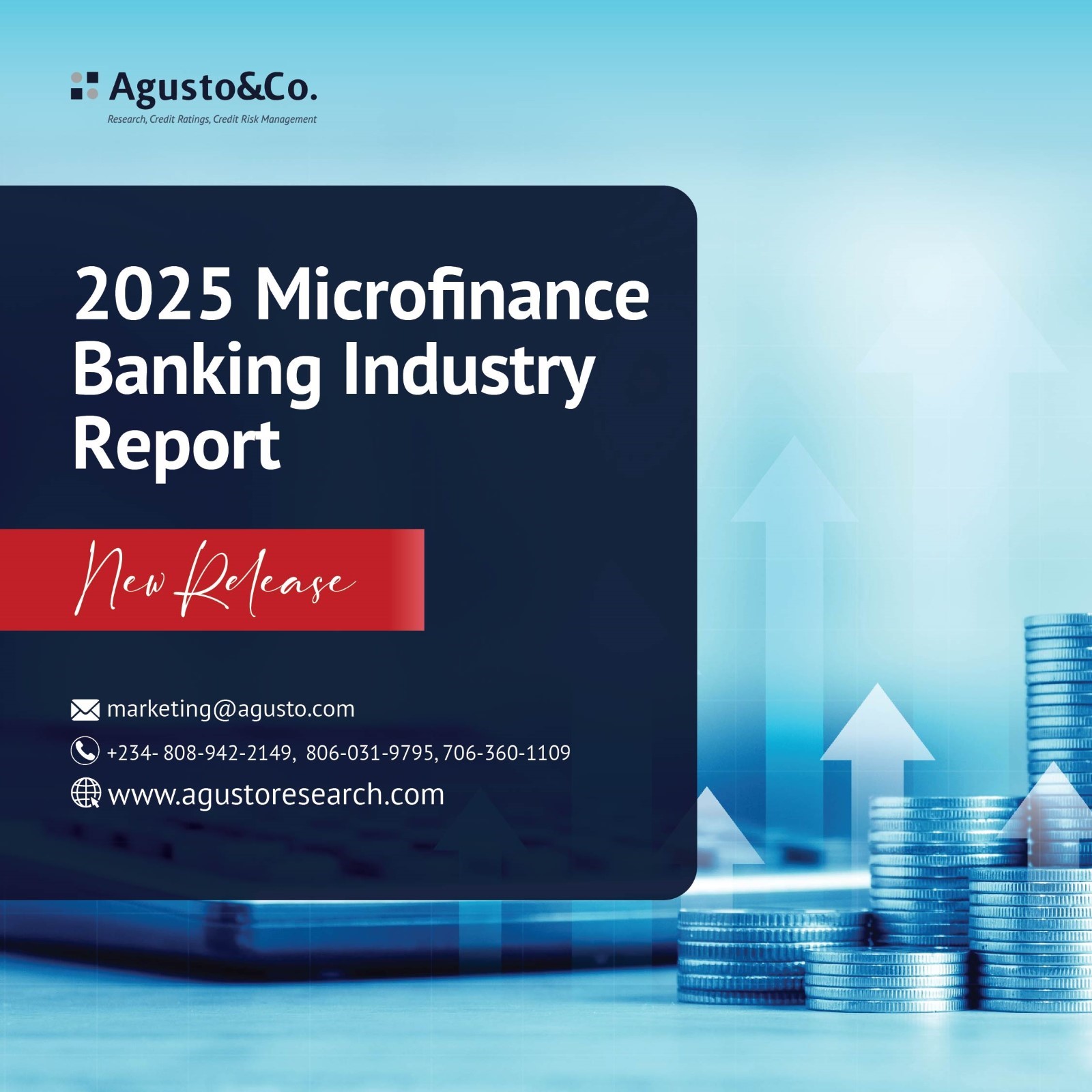Agusto & Co., the pan-African credit rating agency and foremost business information provider has released the 2025 Nigerian Insurance Industry Report (the Industry).
Based on the report, which is one of the most comprehensive compilations of developments in the Industry, the insurance revenue is estimated to have crossed the N1 trillion mark to N1.1 trillion in the financial year ended 31 December 2024.
The Industry benefitted from aggressive marketing activities and an upward review of premiums to reflect the prevailing inflationary pressure. The 40.9%-naira depreciation during the year under review bloated the premium from foreign currency-denominated policies and supported the insurance revenue.
In FY 2025, we believe the insurance revenue will maintain the upward trajectory spurred by the uptick in compulsory insurance policies’ enforcement, increasing technology adoption in product distribution and recapitalisation activities. The increased spending on infrastructure development by the various tiers of government would also increase the revenue from underwriting the underlying risks. The entrance of new players such as NPF Insurance Company Limited, CHI Life Assurance Limited and Capital Express Indemnity Insurance Limited would support the Industry’s insurance revenue.
The Nigeria Insurance Reform Bill (the Bill), which seeks to overhaul the Industry’s regulatory framework, is expected to be passed into law before 31 December 2025. We believe the Bill would compel the National Insurance Commission to fast-track the transition to a risk-based capital regime (initiated over a decade ago). This legislation would significantly impact the Industry’s capitalisation based on the planned increase in the minimum capital requirement for the various business segments in the Bill.

We anticipate circa N600 billion capital injection by insurers to comply with the uptick in the minimum capital requirement and increase the underwriting capacity. While Insurers would be allowed to recapitalise over a period, we anticipate an uptick in activities to shore up the capital base in FY 2025. In our view, the recapitalisation exercise would shape risk underwriting activities in the near term as insurers seek to generate adequate returns for shareholders. Thus, we expect the adoption of innovation on the back of technology to drive insurance penetration and improved risk retention on the back of the enlarged capital base.
In our view, managing the investment portfolio would be a mixed bag in FY 2025. The investment portfolio would benefit from the ongoing recapitalisation exercise and the anticipated surge in insurance revenue. We expect the enlarged portfolio with the potential to support profitability to stimulate a more efficient investment portfolio management.
However, the expected stability of the exchange rate would moderate the foreign currency revaluation gains that have bloated the investment income and accounted for circa 50% in FY 2023 and FY 2024. The anticipated decline in asset yield as the rebased consumer price index (CPI) depicts disinflation would also moderate the investment income. Thus, circa 957 basis points decline in the return on average investment is anticipated as the enlarged portfolio accentuates the impact of the moderated investment income.
In FY 2025, the elevated asset replacement costs would continue to drive higher claims. In our opinion, claims demand would increase further as the expenses on insured assets, hitherto paid out of pocket by the insured, are transferred to the insurers, given the declining consumer purchasing power.
Notwithstanding, we do not anticipate a significant rise in the loss rate, as the increased insurance revenue would subsume the higher claims. The directive for expensing losses on onerous contracts from the transaction’s outset, as specified in the IFRS 17 accounting standard, would also moderate the loss ratio as insurers focus on profitable policies rather than the hitherto emphasized growing the insurance revenue.
In FY 2025, we anticipate a decline in the Industry’s profitability, largely due to the lower foreign currency revaluation gains. Thus, a reduction in the post-tax return on average equity (ROE) to 22.8% is expected. We believe that sustainable profit (excluding the volatile foreign currency revaluation gains) will maintain the upward trajectory, supported by stricter enforcement of compulsory insurance policies, a more efficient product distribution and an enlarged capital base to support the insurance income.




















